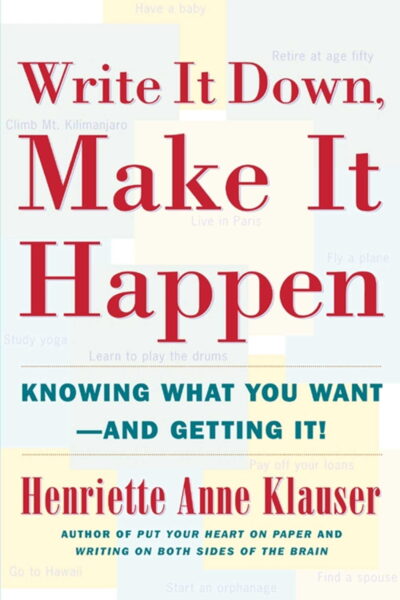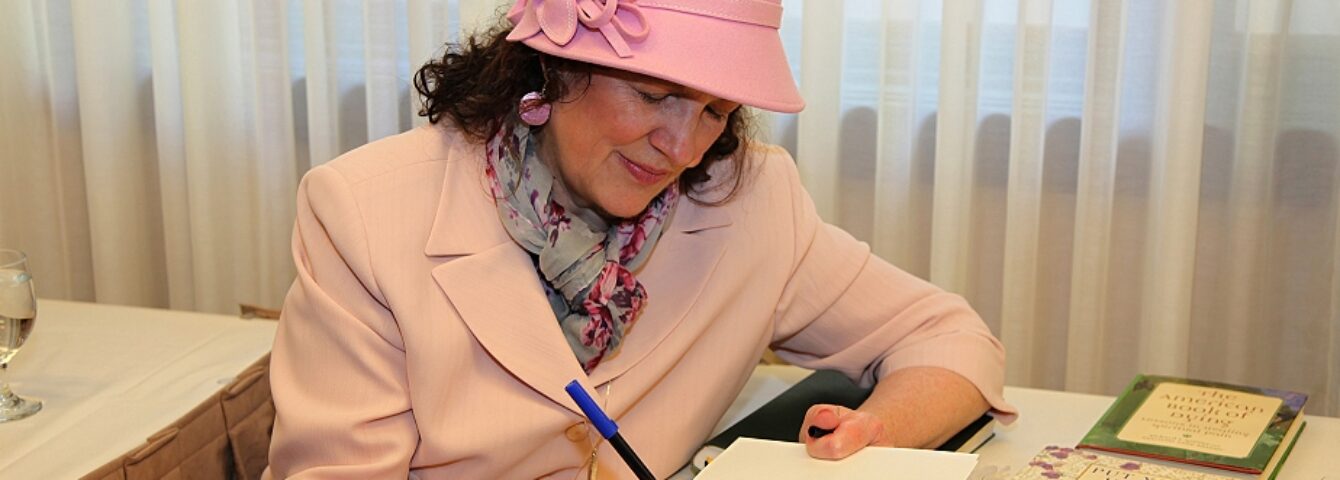
Write It Down, Make It Happen: Knowing What You Want, and Getting It
Description
Too often, people drift through life with a vague sense of uneasiness, living in the antechamber, longing to find some adventure or purpose, envious of those whose lives seem exciting. In Write It Down, Make It Happen, Henriette Anne Klauser, Ph.D., shows you how to write your own lifescript. Simply writing down your goals in life is the first step toward achieving them. The “writing it down” part is not about time management; it’s not a “to-do today” list that will make you feel guilty if you don’t get every single thing done. Rather, writing it down is about clearing your head, identifying what you want, and setting your intent. You can “make it happen” purely by believing in the possibility. There is no “right way” to write a goal down a single line jotted on a scrap of paper is as valuable as a full-blown description of the goal that goes on for several pages. Once you state your goals in writing, the rest of the world can cooperate with your ambition from grand career goals and major moves to having a better relationship with a teenage son, or simply waking up in the morning happy. In Write It Down, Make It Happen, you will read stories from ordinary people who witnessed miracles large and small unfold in their lives after they performed the basic act of putting their goals on paper. Dr. Klauser also includes practical exercises and tips on how you can use writing to understand what you want and become a proactive force in your own destiny.
Synopsis
When you care enough to write down your goals, stand back. Wonderful things are about to happen. Write It Down, Make It Happen combines practical tips with inspiring stories--from a man who wanted to be an opera singer to a woman searching for a nursing home for her mom who had Alzheimer's.


